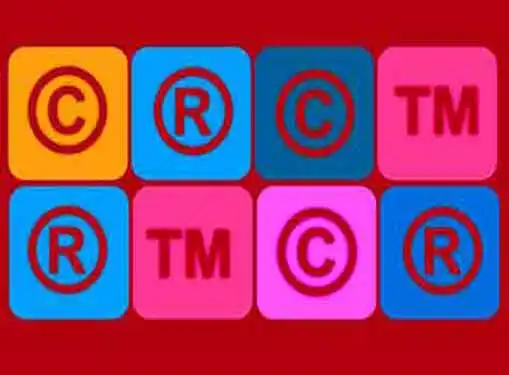Intellectual Property Basics
How Do I Protect My Ideas?
In the information age, your company's original ideas may be some of your most valuable assets. So how do you protect your ideas from being used without your authorization?
If there is one lesson every business owner needs to learn it's that ideas have value.

That's not necessarily a new concept - business owners have been trying to protect their original ideas for centuries. The difference is that now ideas can be accessed and distributed at the speed of light. With a simple mouse click, your ideas could instantly be exposed to a global audience.
Given the central role technology plays in many business models, the first step in protecting your ideas is to implement a comprehensive security system that addresses both your technological assets and the channels through which information is distributed in your company. For proprietary information and business secrets (e.g. KFC's secret recipe), first-level information protection mechanisms should receive the highest priority.
But in addition to protecting the distribution of your proprietary ideas, you will also need to pursue mechanisms that secure exclusive legal rights to your ideas. With the proper ownership vehicles in place, you will have legal authority to control how your ideas and intellectual property are used within the U.S. and possibly even around the world.
Copyrights
Copyrights protect original literary, artistic, graphic, dramatic works. Copyrights are granted at the time of the original work's creation. But to fully protect your work from unauthorized use in the public domain, it's recommended that you register copyrights for high value works with the U.S. Copyright Office and maybe even pursue international copyright protection.
Trademarks protect the words, phrases, symbols, and logos that make your products distinctive in the marketplace. The equivalent protection mechanism for service providers is a service mark. Since your trademark represents your brand identity, it's important to protect your mark by registering it with the U.S. Patent & Trademark Office, or at least your state's trademark office.
Patents
A patent is an intellectual property protection device that is designed "to exclude others from making, using, offering for sale, or selling the invention throughout the United States or importing the invention into the United States". In manufacturing businesses, patents represent a critical feature of the company's business model since the reproduction of proprietary manufacturing processes could decimate the company's advantage in the marketplace.
Share this article
Additional Resources for Entrepreneurs


Conversation Board
We greatly appreciate any advice you can provide on this topic. Please contribute your insights on this topic so others can benefit.